2024-2025 Franke Fellows
Franke Undergraduate Fellows
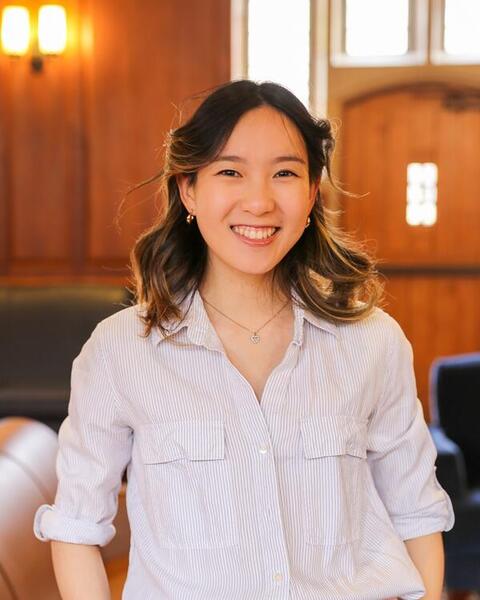
Sarah Feng
INFERNO: Clay Sculptures Modeling the Neural Architecture of the Prefrontal Cortex
Sarah is a junior studying Neuroscience and Humanities at Yale. She is very intrigued by understanding the mechanisms that underlie different, inexplicable phenomena of the brain, especially when those irrational phenomena are what seem to make us so human. One of these phenomena is the loss of executive control in stressful situations. This is what causes eruptions of behavior that are the most beautiful and sometimes the most tragic, and it is what many writers are so fascinated by. What causes us to lose control of ourselves? She will explore this question from a neuroscientific perspective by investigating the cellular mechanisms in the prefrontal cortex that may underlie this kind of behavior. Specifically, she will investigate noradrenergic β1-ARs and L-type calcium channels in the stress-induced impairment of the prefrontal cortex in macaque models in the Arnsten Lab, which specializes in the neurobiology of the prefrontal cortex. She will then use the knowledge she gains from this research, as well as images she takes using microscopy, to create a visual art project that can share this knowledge with others. She will create clay sculptures of the different neural architectures that underlie the brain’s adaptability (and sometimes hyper-sensitivity) to stress. She will visit museums to understand stress from a historical and artistic point of view to add humanistic influences to the sculptural work.
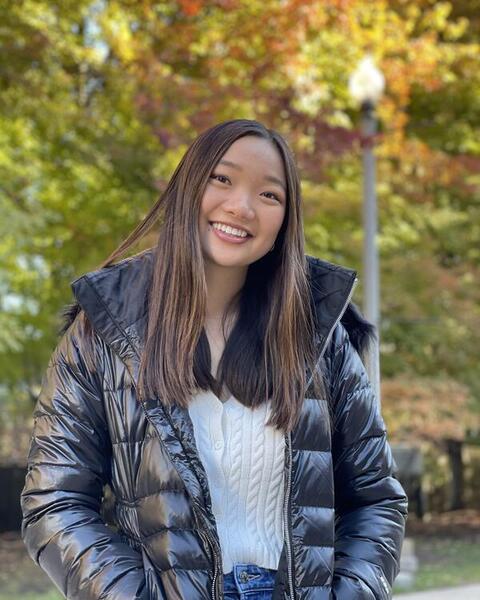
Hannah Han
Corpus Medicinum: A Story Collection on the Female Body, Loss, and Illness
Inspired by her studies of feminist literature and biology, Hannah Han will write a collection of contemporary short stories focused on the interconnections between the female body, illness, and desire. She will mine the archives of the Beinecke Rare Book & Manuscript Library and the Yale Medical Historical Library and analyze the material works of Sylvia Plath and Emily Dickinson, which will inform her stories. Her collection will also be inspired by a variety of contemporary essays, novels, and story collections, including Carmen Maria Machado’s Her Body and Other Parties and Audre Lorde’s The Cancer Journals. As a double major in Humanities and MCDB, Hannah aims to bridge the chasm between medicine and literature through storytelling and science communication.
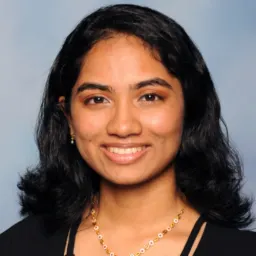
Angelin Mathew
Addressing Existential Needs in Palliative Care: Perspectives from Kerala, Bhutan, and US
Angelin is a junior from Florida studying Molecular Biology, History of Philosophy, and Global Health. Her research project supported by the Franke Fellowship aims to provide global perspectives from patients, families, religious practitioners, and physicians on the existential needs in palliative care. In particular, she is investigating the language used to communicate end of life, miracle seeking, and coordination of patient last wishes.
Angelin also does research in artificial tissue engineering, wound healing, and disparities in oncological care in the US. In honor of Sophia Hurtado, Angelin launched a startup, Forever Kin, to provide care packages for girls with cancer and their caregivers. In her free time, she enjoys performing Indian classical dance, reading theology, and volunteering in New Haven.
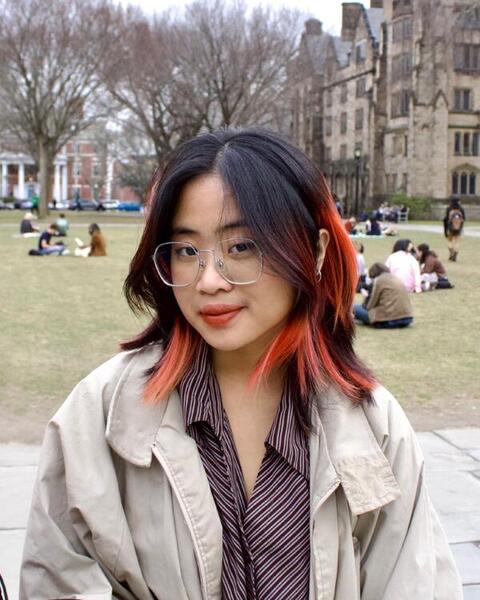
Du Nghiem
(Un)folding Architecture: Origami in Form-Finding and Space-making
This research program seeks to investigate the application of origami principles in architecture, specifically focusing on the ideology of folds and its implications for creative experimentation, visualization, and construction. The mathematical concepts underpinning various folding techniques, their translation into 2-D and 3-D spatial representations, and the systematic rules encapsulated in origami diagrams offer valuable resources for computation, design, fabrication, and manufacturing. The project encompasses an iterative process between literature review, precedent research, sketching, and 3D modeling, manually and digitally, to simulate space-making and form-finding in different scales and contexts.
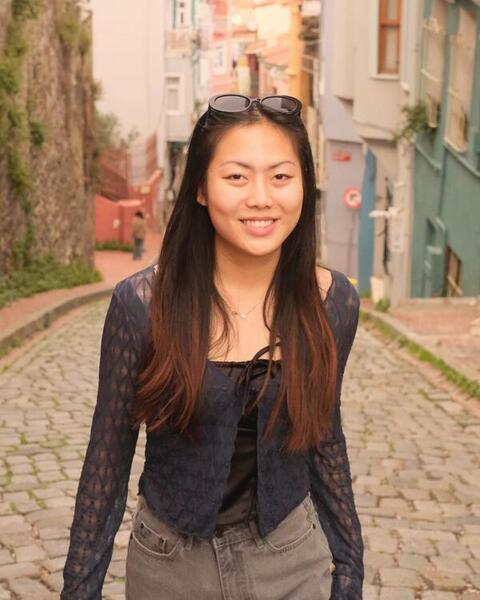
Sianna Xiao
Exploring the Role of Art and Technology Experiences in Culinary Hospitality
Sianna is interested in exploring how the intersection of her major’s two disciplines—computer science and visual arts—applies to the hospitality industry. Her research focuses on the fusion of art and technology in enhancing consumer experiences, specifically within the culinary space. By investigating global trends in how art and technology converge in gastronomy through firsthand experiences, interviews with restaurateurs, and analysis of the methodologies of these innovative establishments, her project seeks to understand and document the impact of these practices on modern dining and gather insights for developing original, technology-driven hospitality art concepts, as well as making these elements accessible to a wider audience. This exploration aligns with the growing ‘experience economy,’ highlighting the potential for computing to revolutionize how we create and enjoy art beyond traditional forms.
Franke Graduate Student Fellows
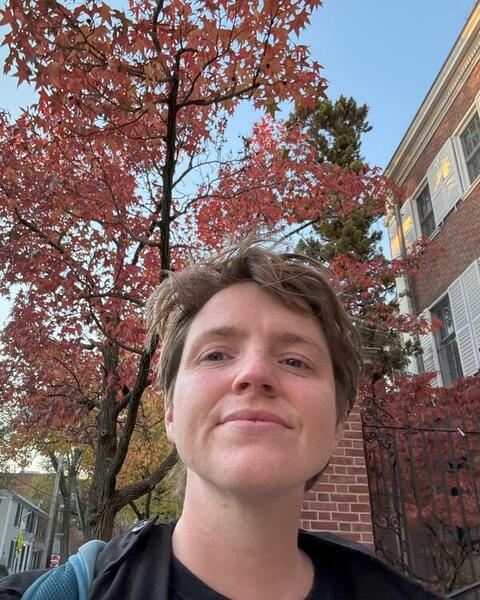
Allie Douma
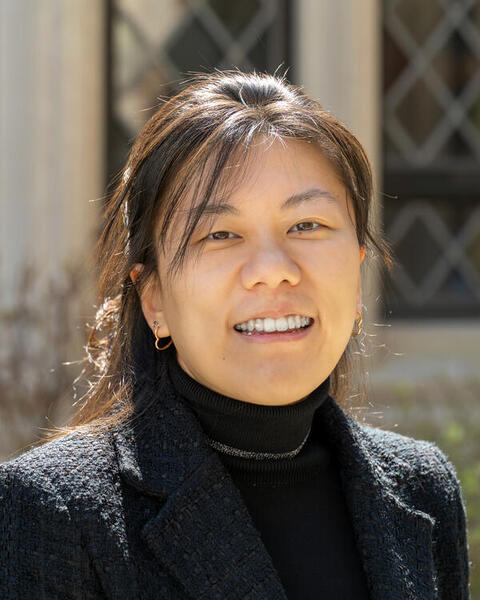
Lydia Tuan
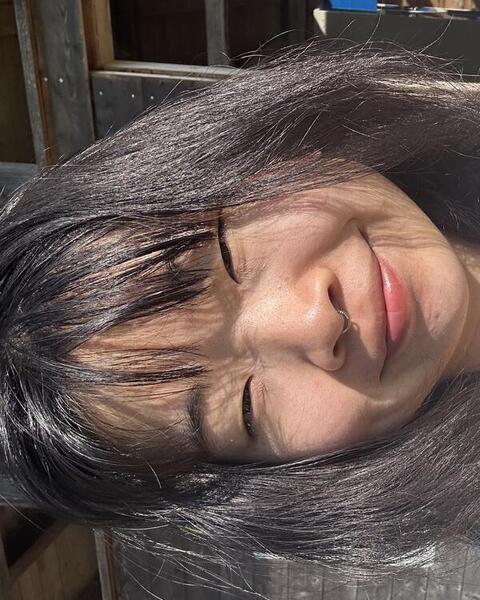
Jane Zhang
A Literary Intervention to Qualitative Psychedelics Research
Jane Zhang is a second-year Ph.D. student in Comparative Literature and Film & Media Studies. Jane’s research background lies in the history of science, with her earlier work focusing on the sensory history of 19th-century American medical sects and proprietary medicine. Currently, her research centers on the commercial attribution of “personality” to nonhuman entities. She traces the history of auratic perception shaped by the intersections of industrial design, psychopharmacology, and advertising, with a particular focus on its transnational circulation across Japan, Germany, and the United States at the turn of the 20th century. Jane’s Franke project offers a literary and historical intervention to the qualitative study of psychedelics. Rather than a story of the unbridgeable gulf between the sciences and humanities, the history of qualitative research makes legible the influence of commercial culture on fundamental definitions and categories of self. This insight is especially significant in the study of psychedelics, substances inherently tied to their set and setting. While this connection makes them valuable for offering experiences beyond market logic, it also leaves them particularly vulnerable to their present-day commodification.
Franke Post-Doctoral Fellows
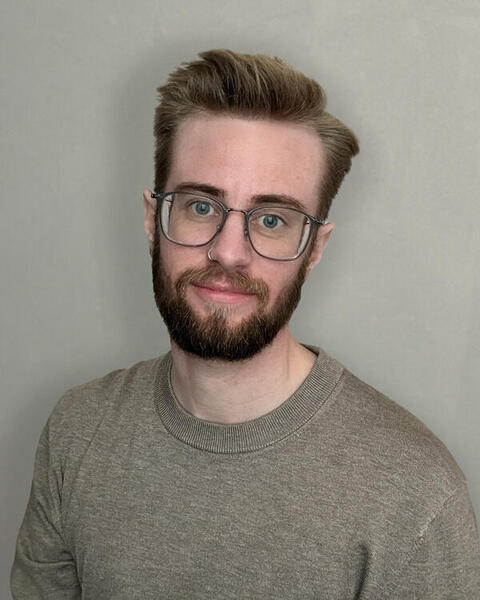
Avary Taylor
“(Re)-Tracing Colors: Integrating Scientific and Humanities Approaches for the Study of Ancient Assyrian Art”
Avary Taylor is a Postdoctoral Associate at the Institute for the Preservation of Cultural Heritage. Avary’s project explores the cultural, social, and sensorial impacts of color in the ancient Middle East. The art of ancient Assyria (modern-day Iraqi Kurdistan) was once elaborately painted and gilded. However, the formerly vivid pigments and metal rarely survive today due to their deterioration and removal over time, resulting in artifacts that appear devoid of decoration and embellishment. By integrating scientific, archaeological, and textual evidence, Avary will identify and analyze pigment and metal remains on ancient sculptures from an Assyrian palace to revive their original colorful appearance. This multidisciplinary approach not only deepens our insight into Assyrian society but also contributes to broader discussions on cultural heritage preservation, particularly in the context of ethical stewardship and restoring a lost cultural history.